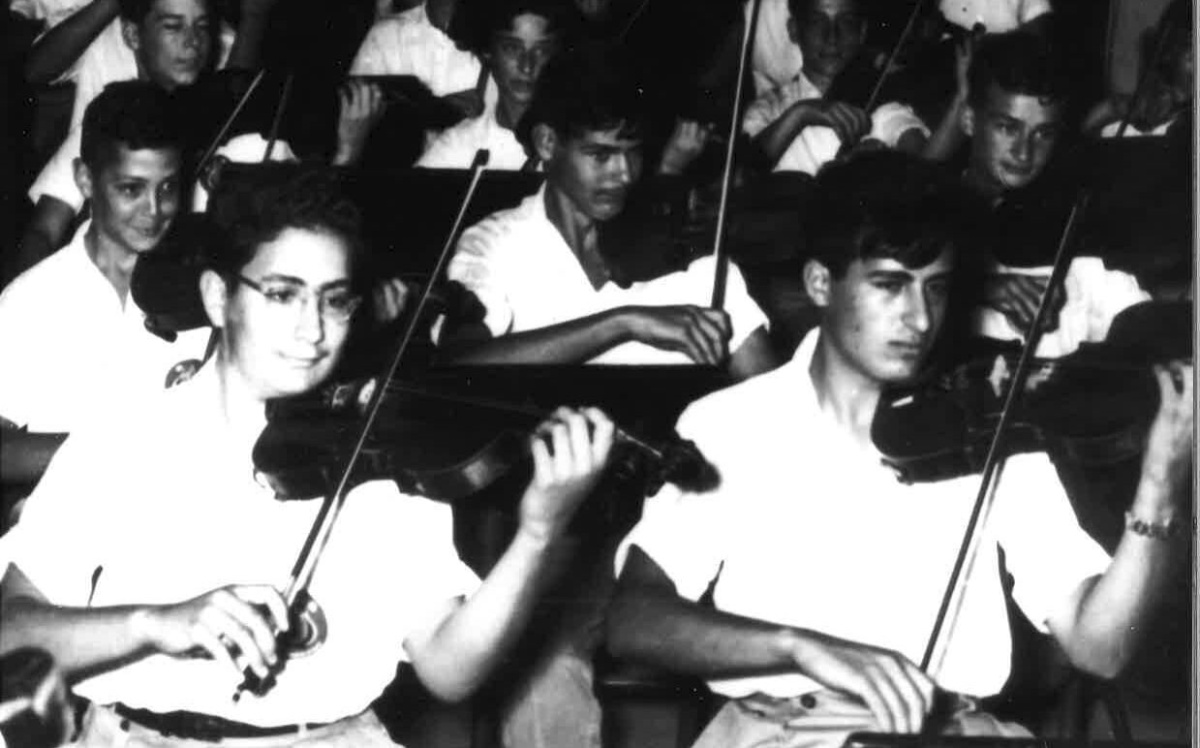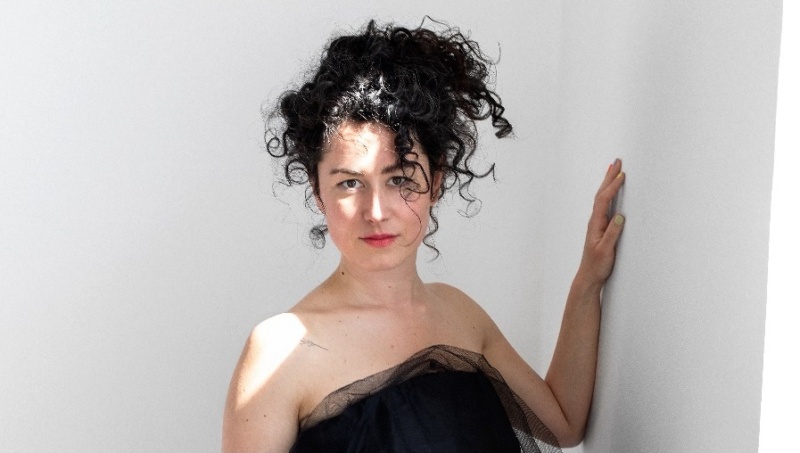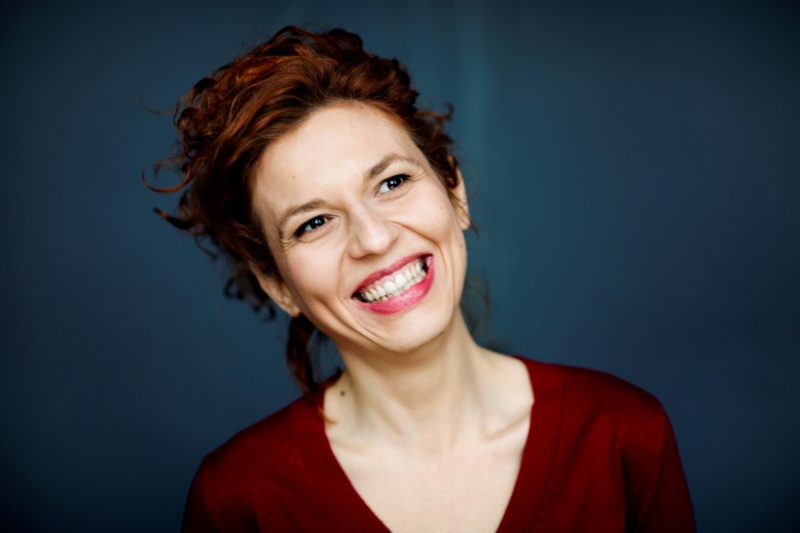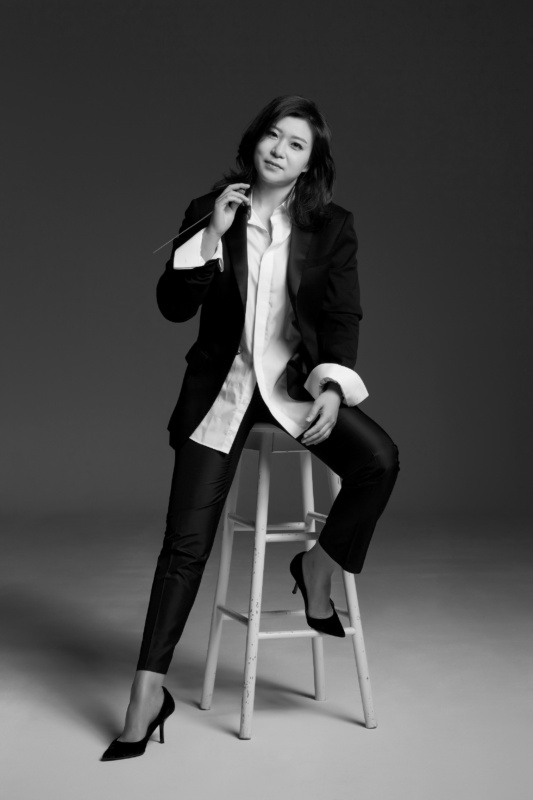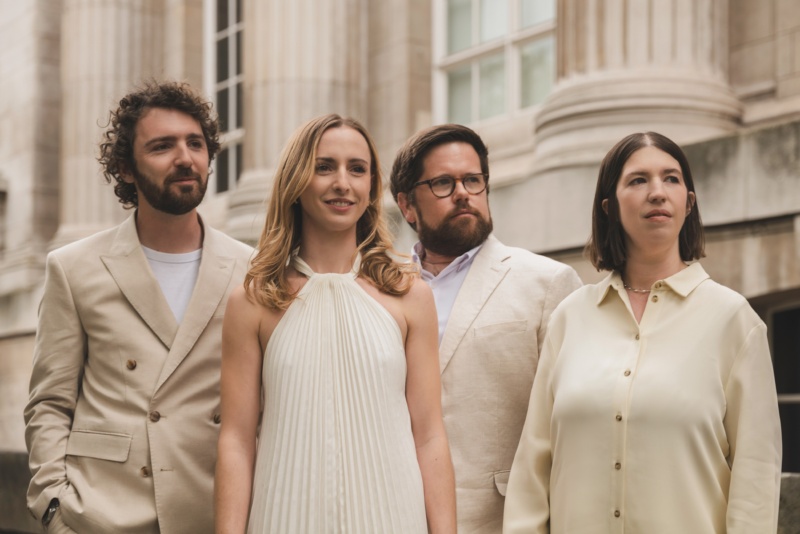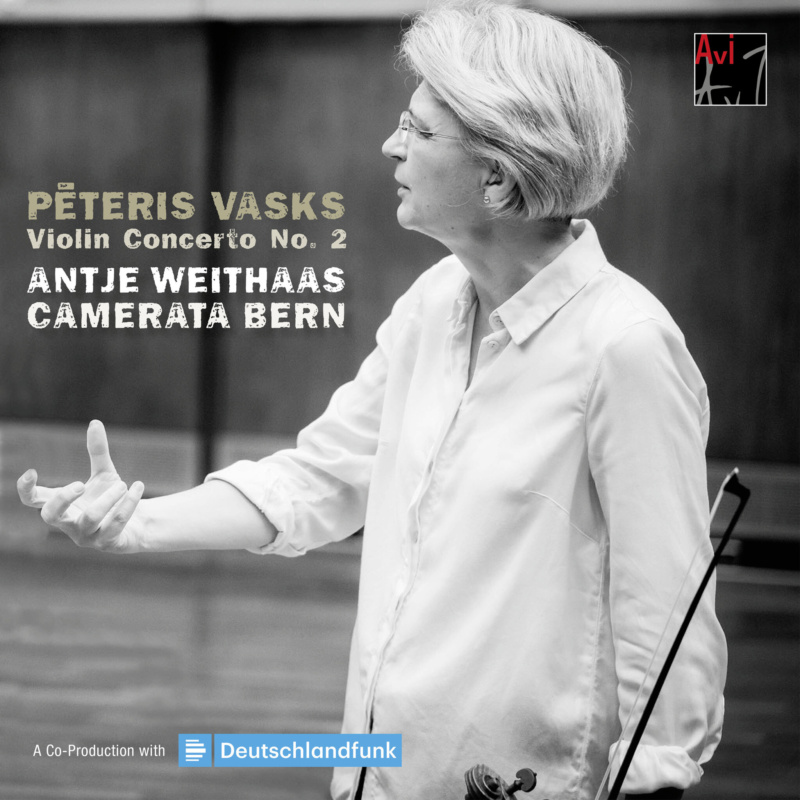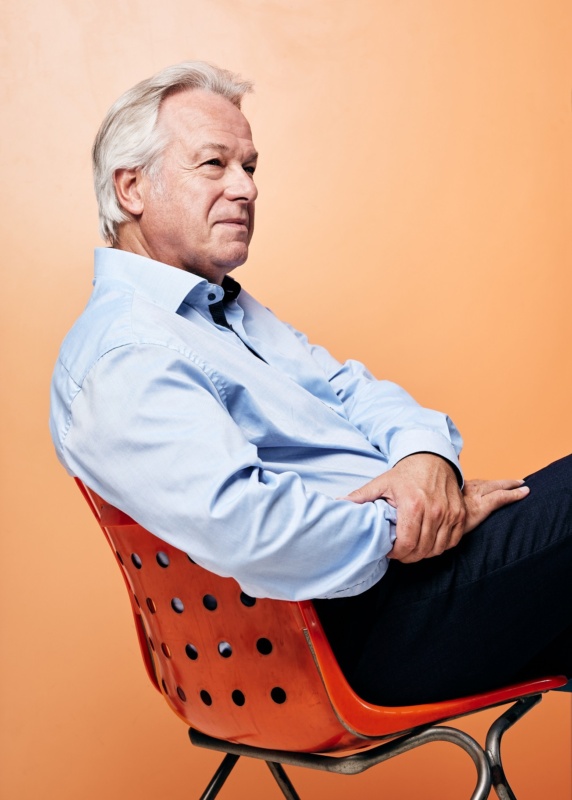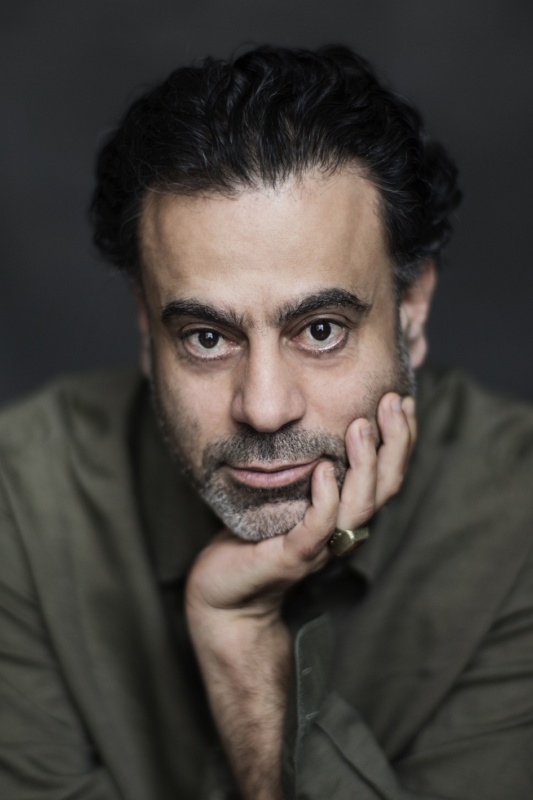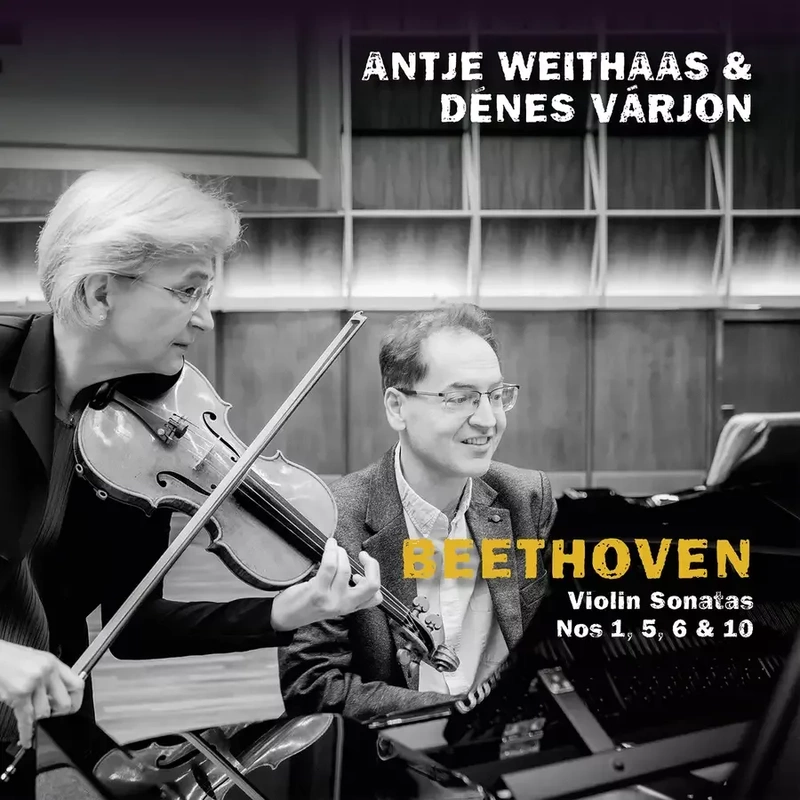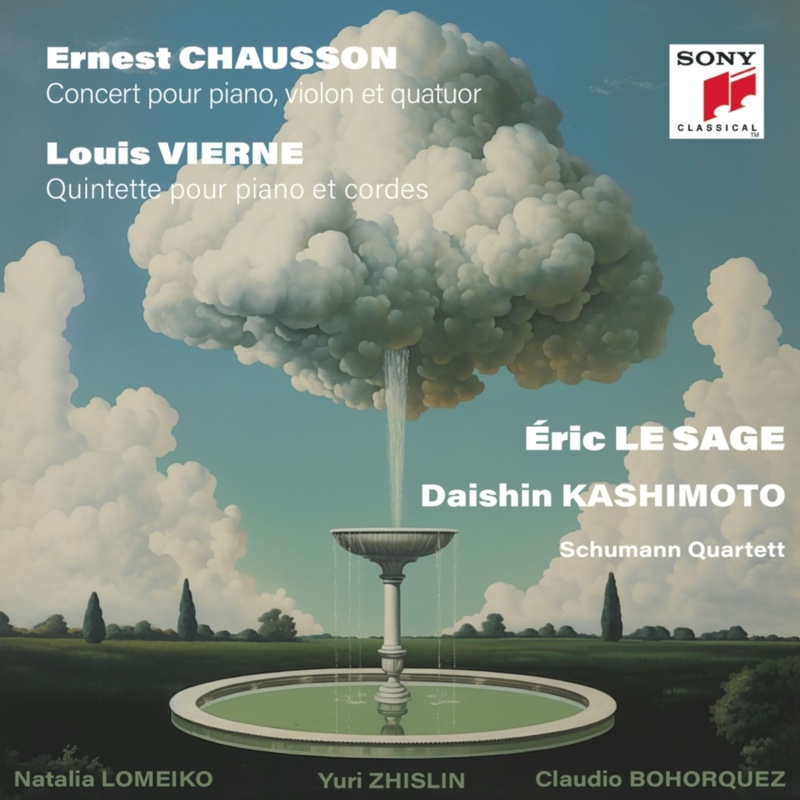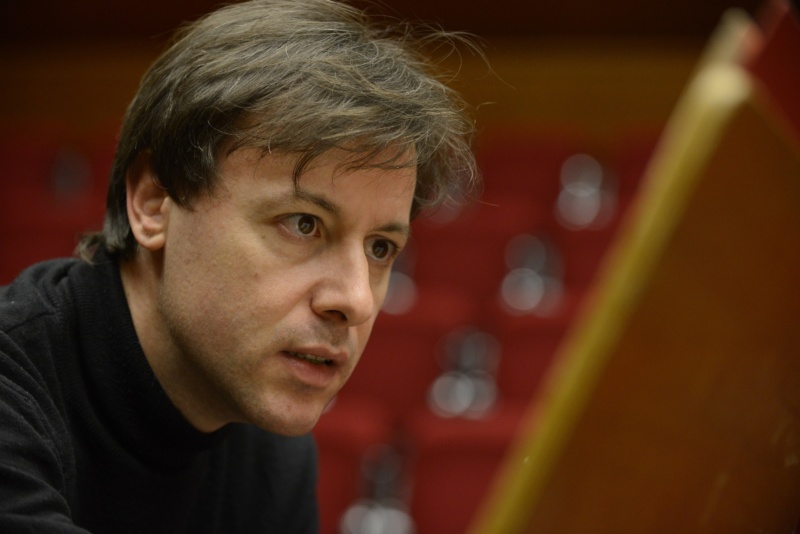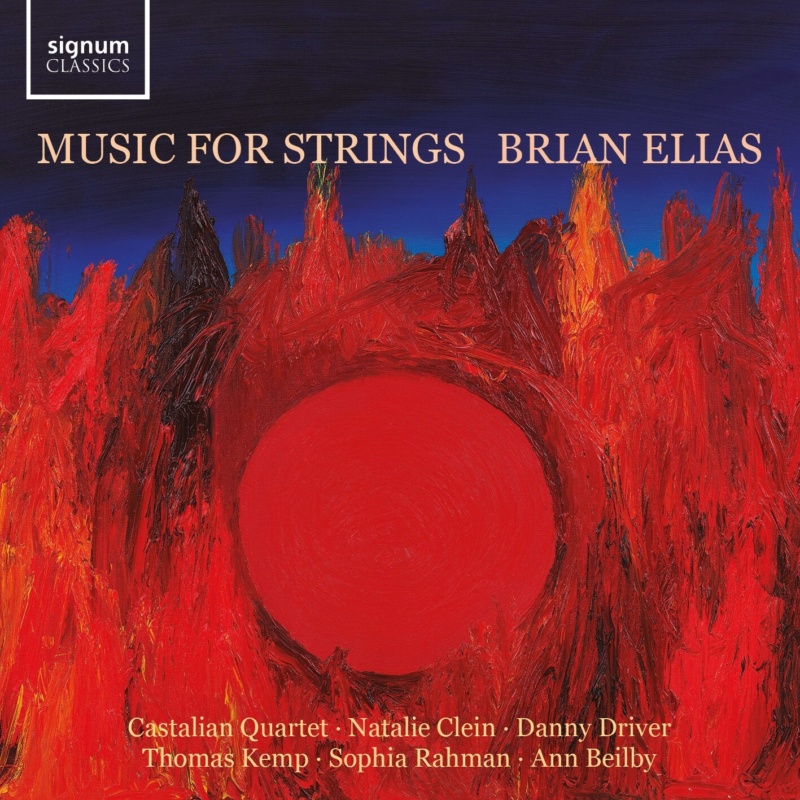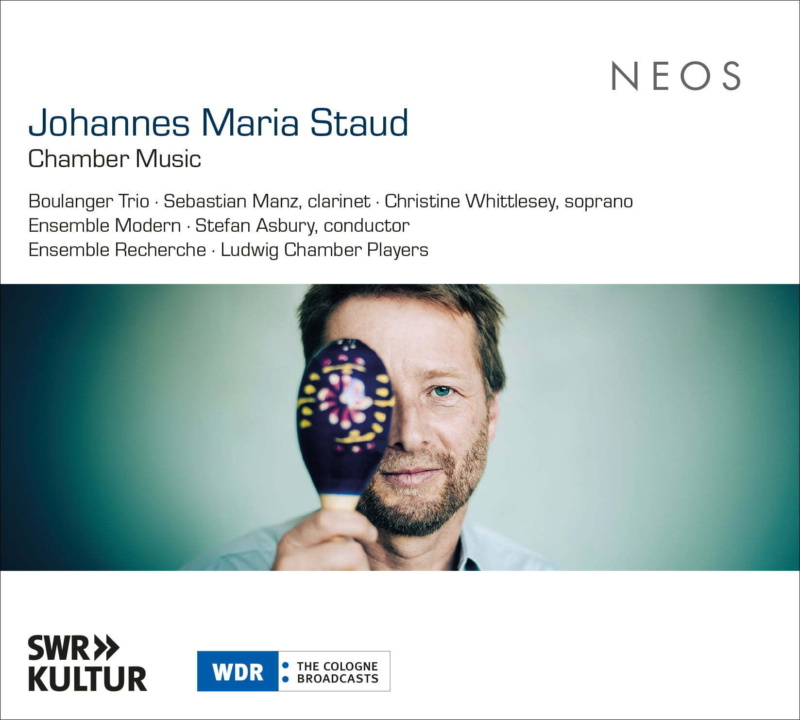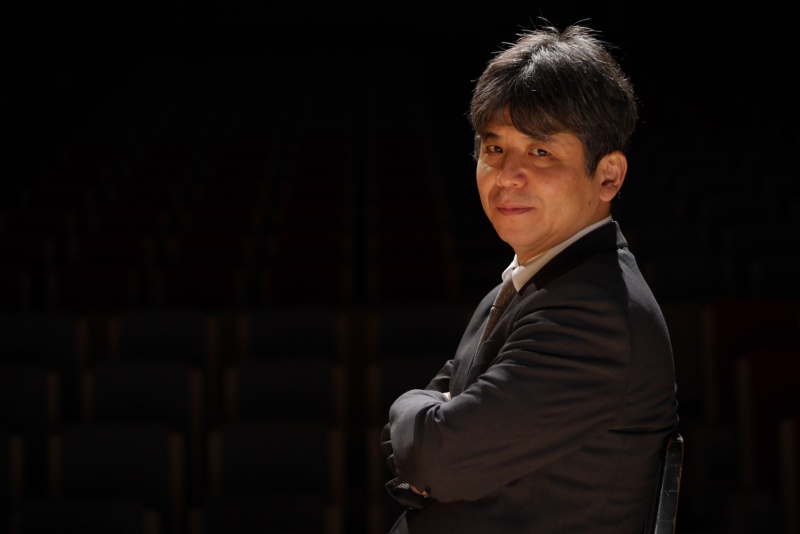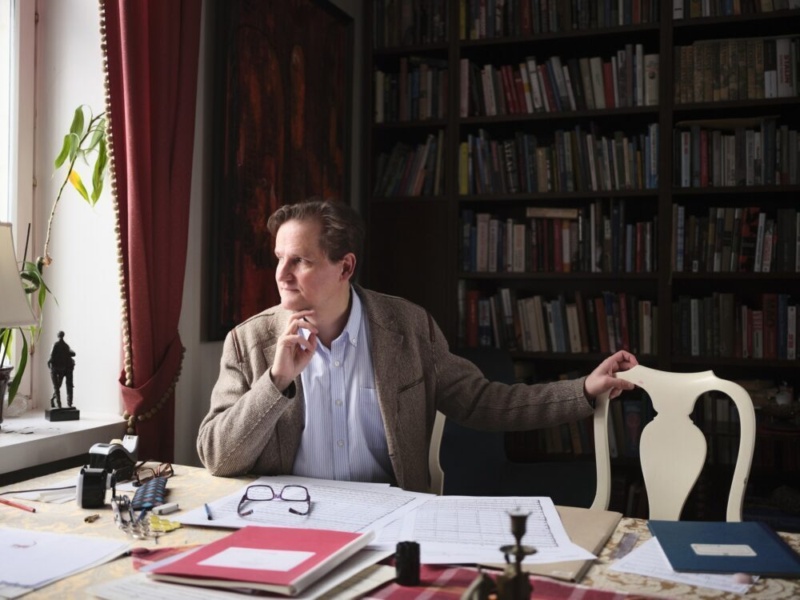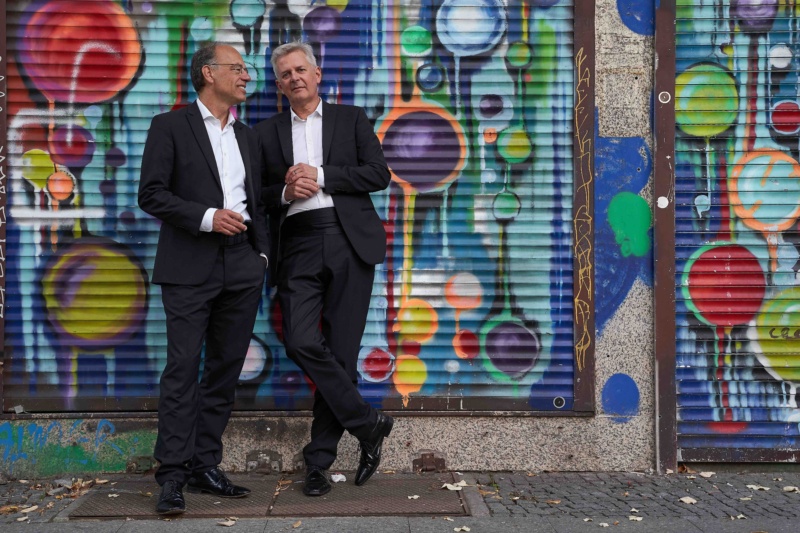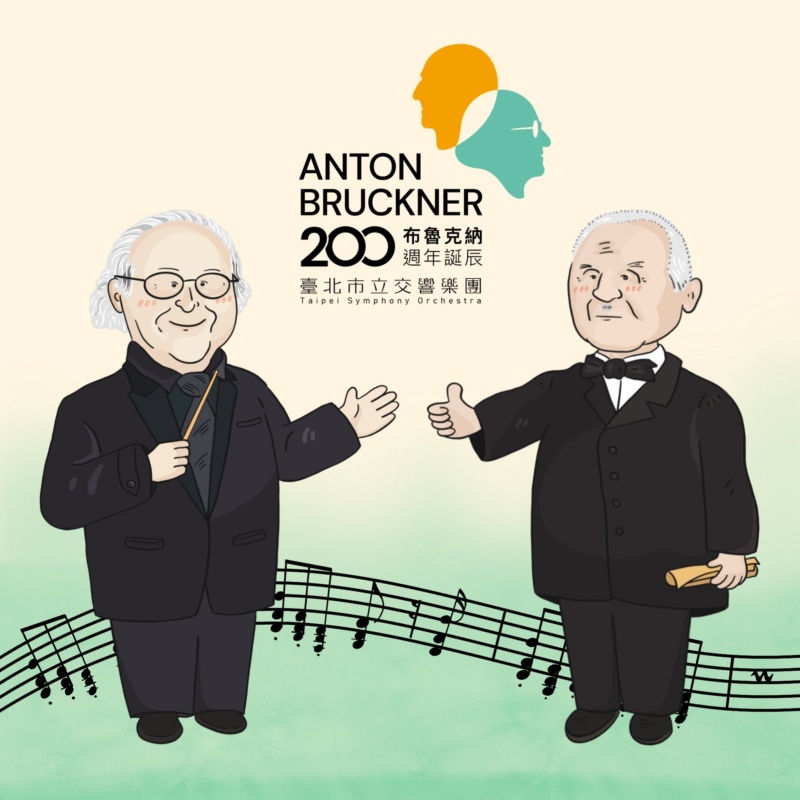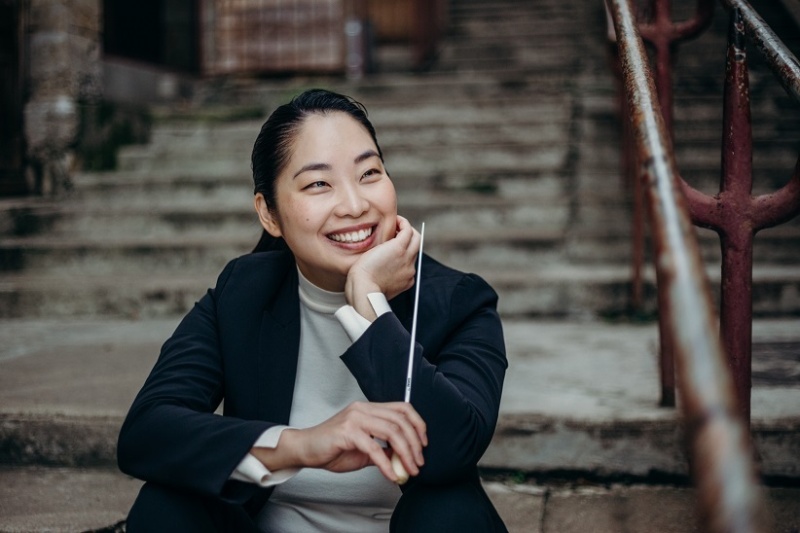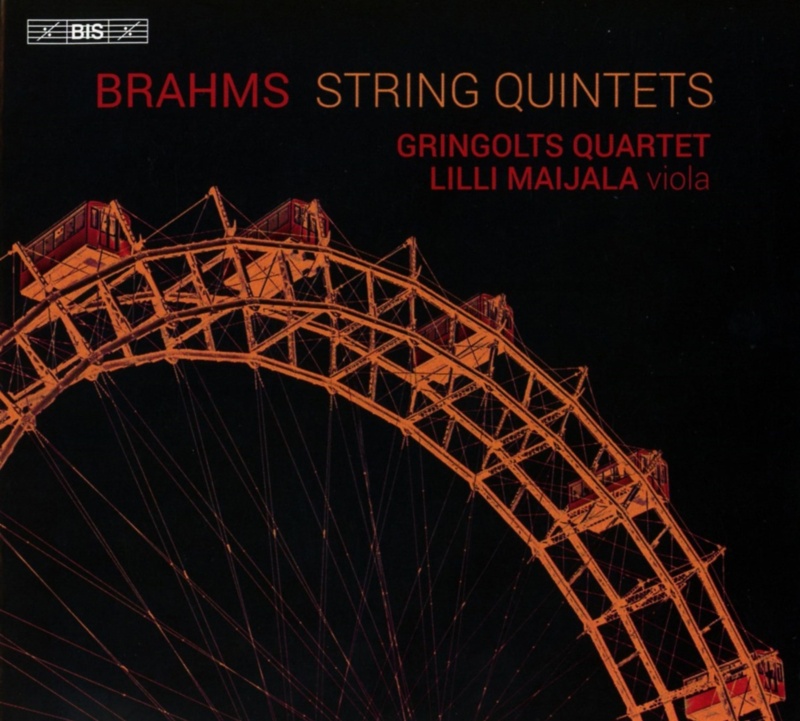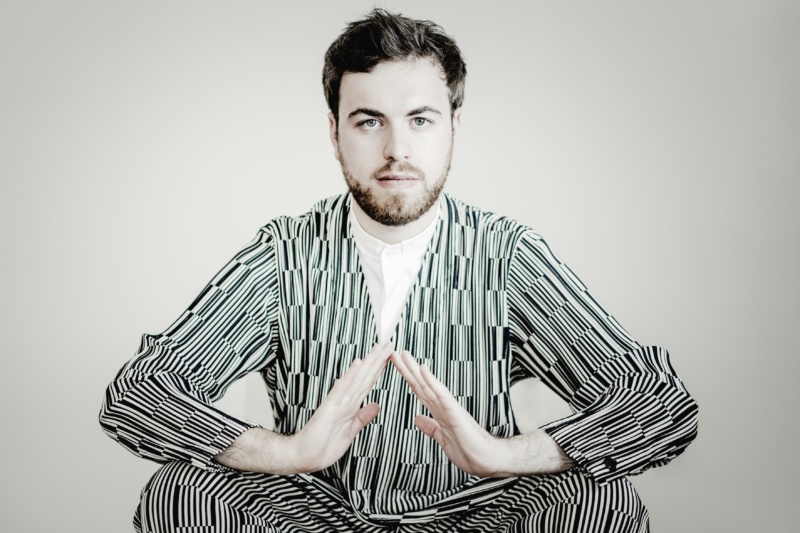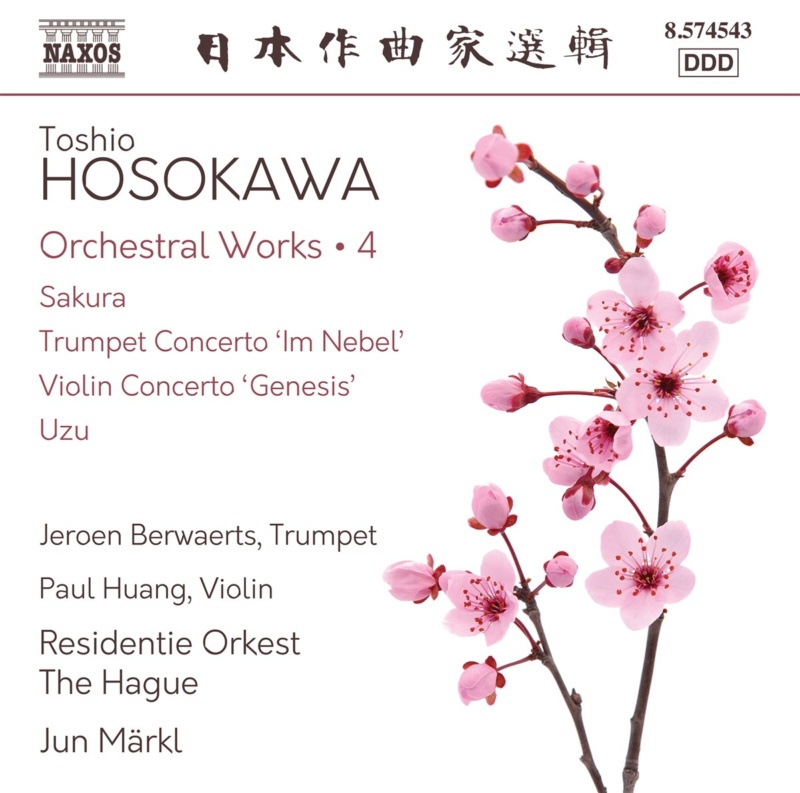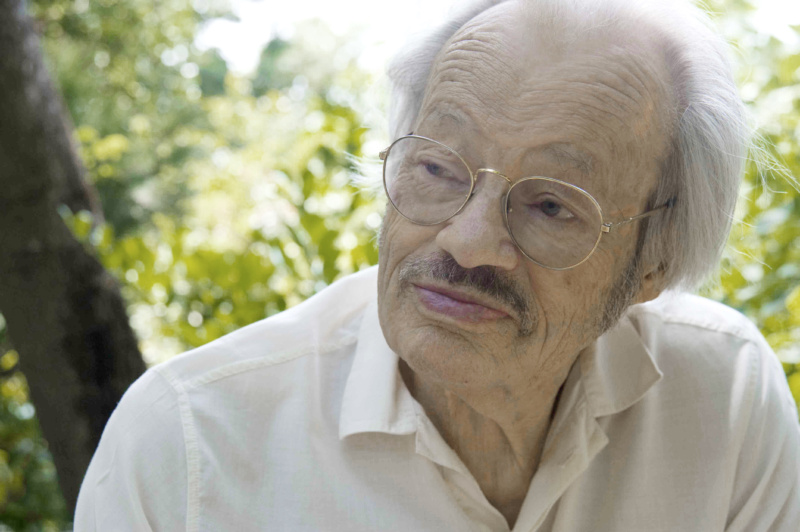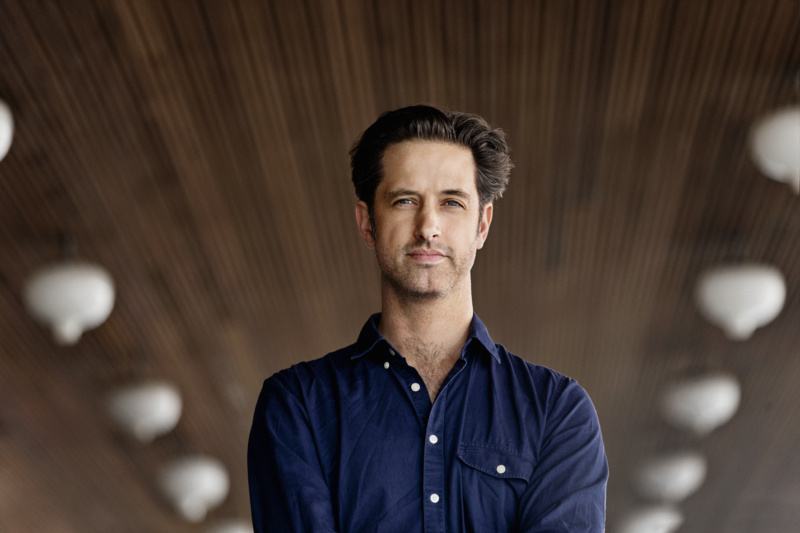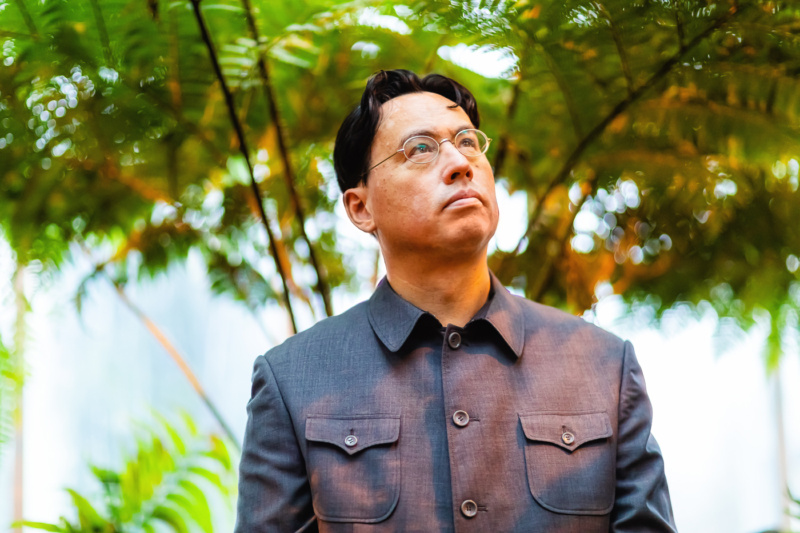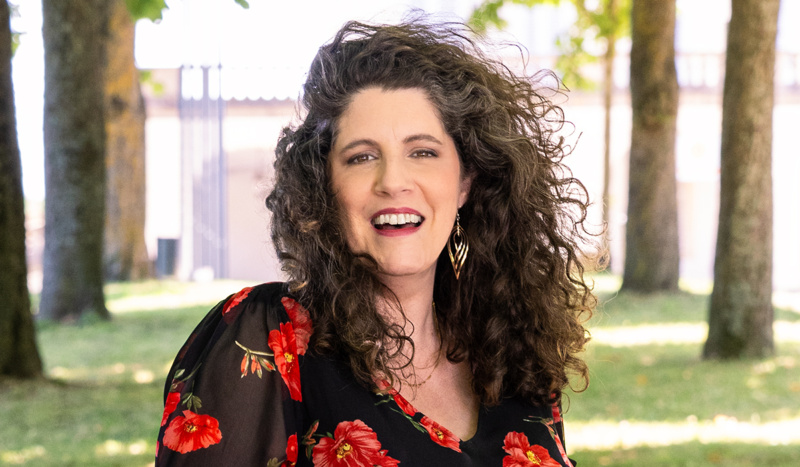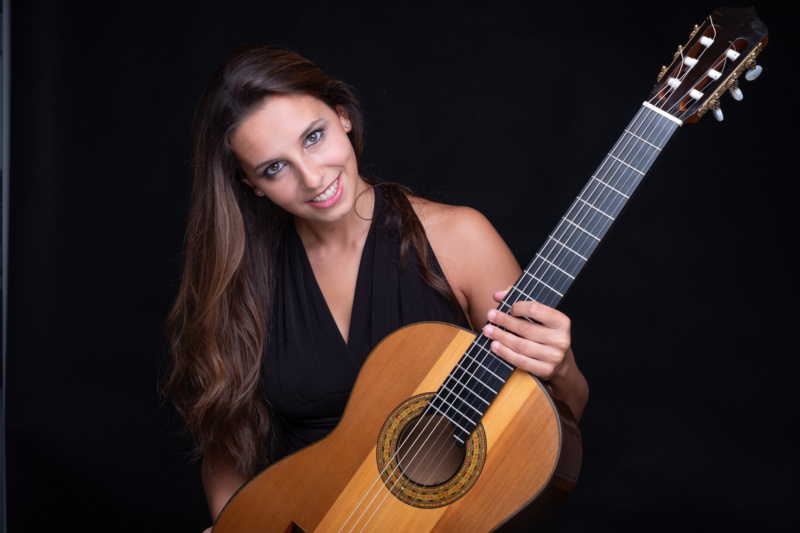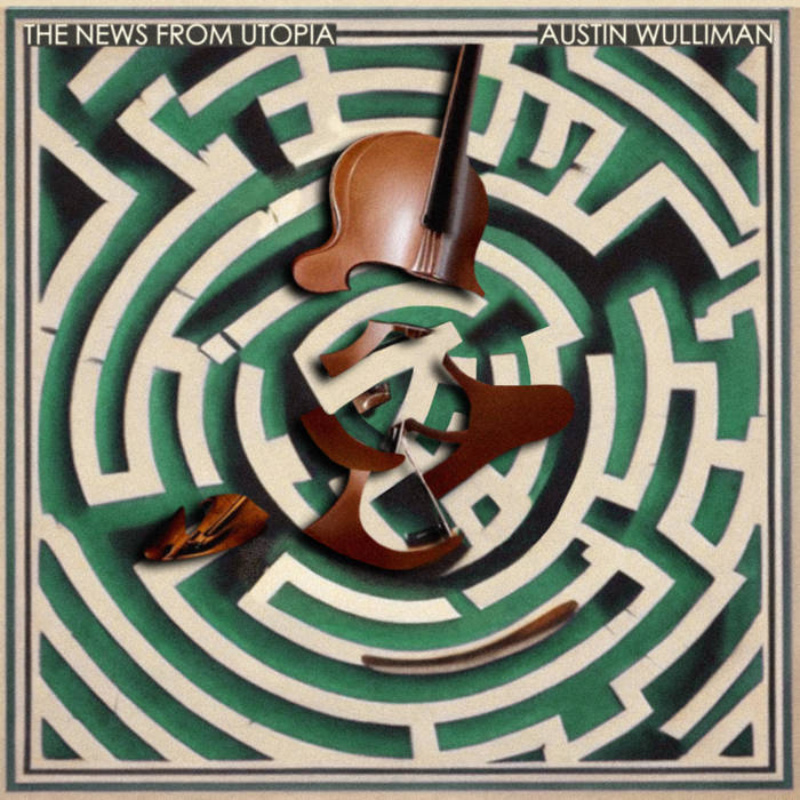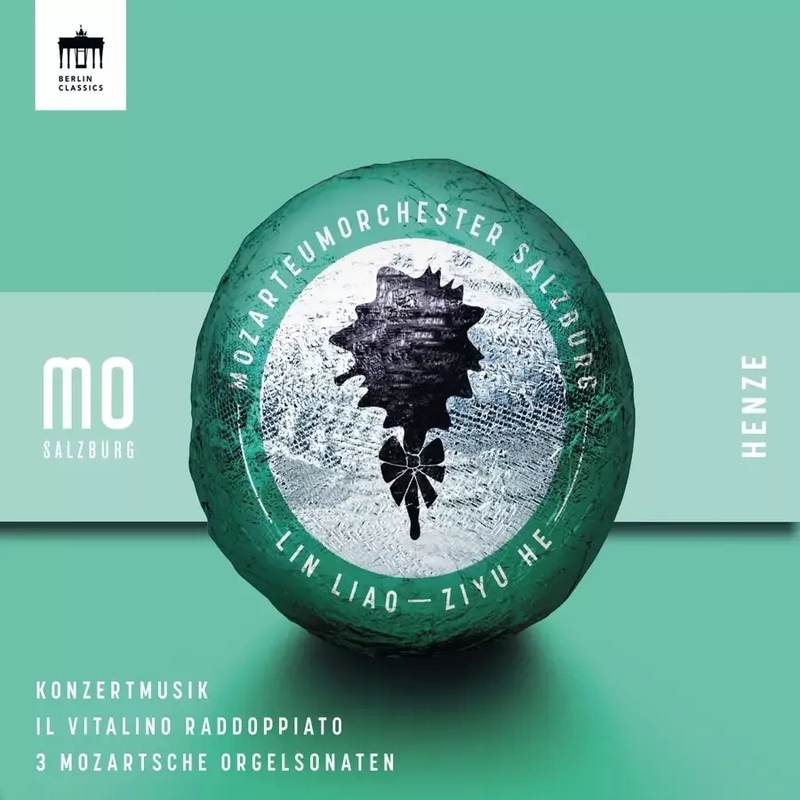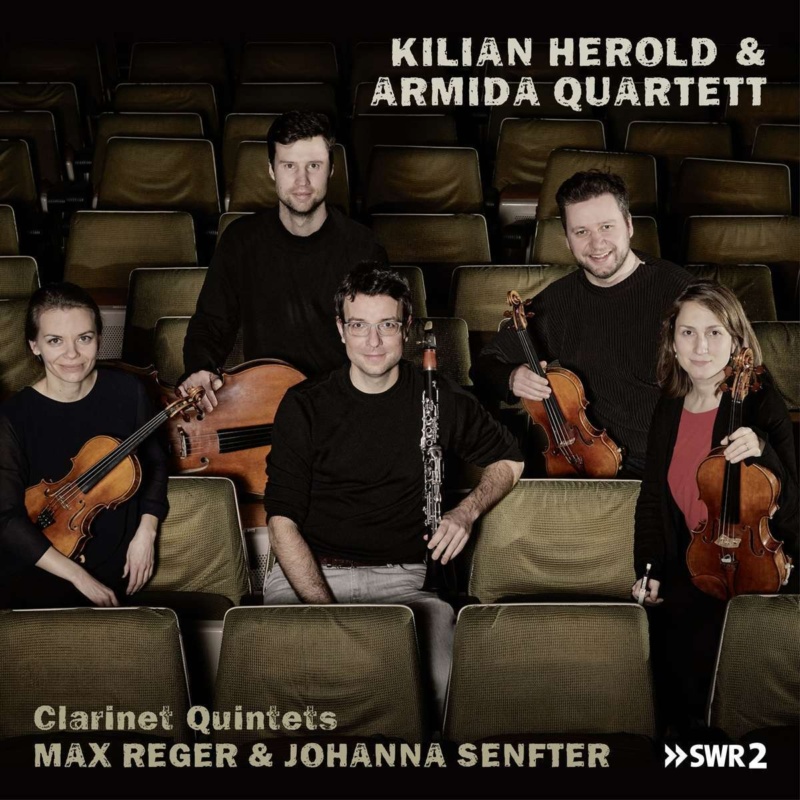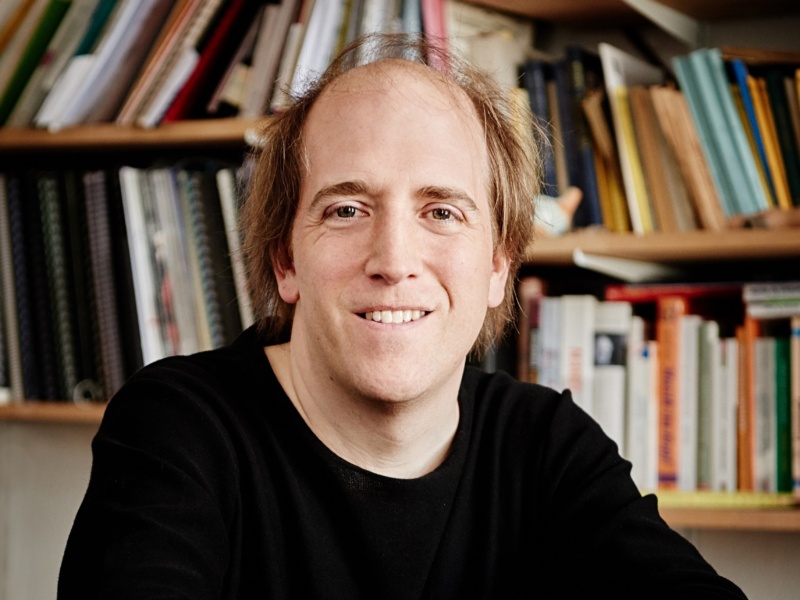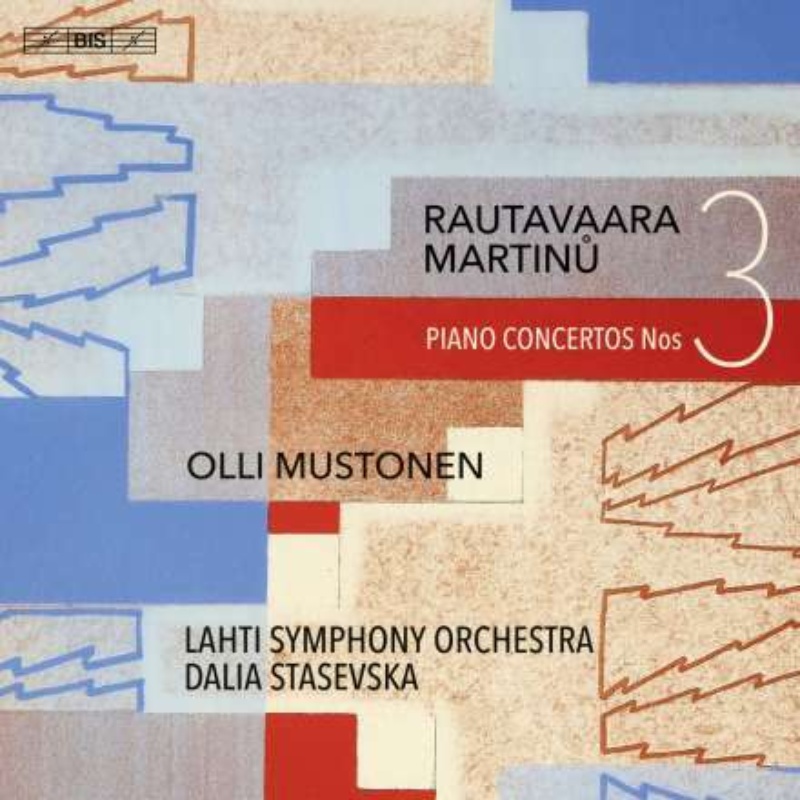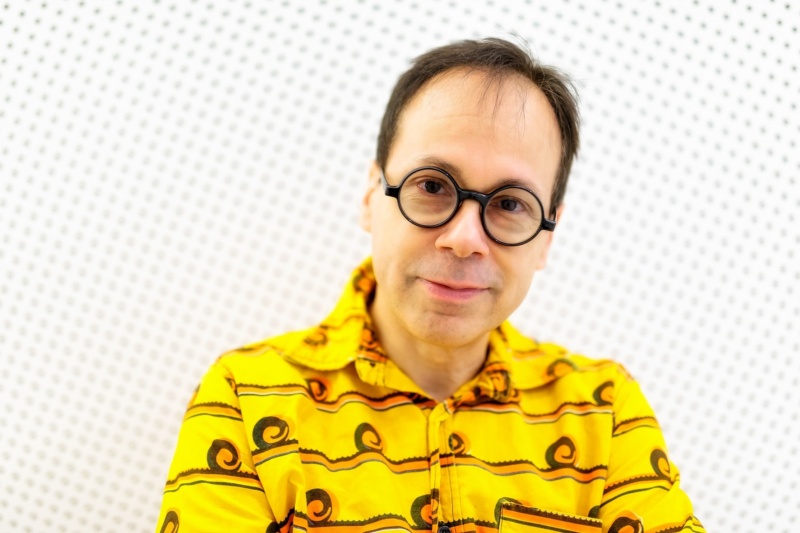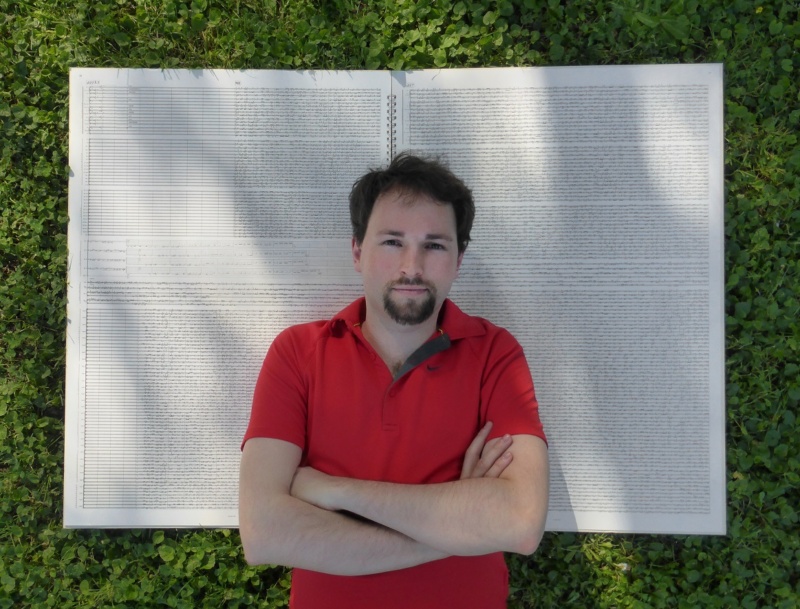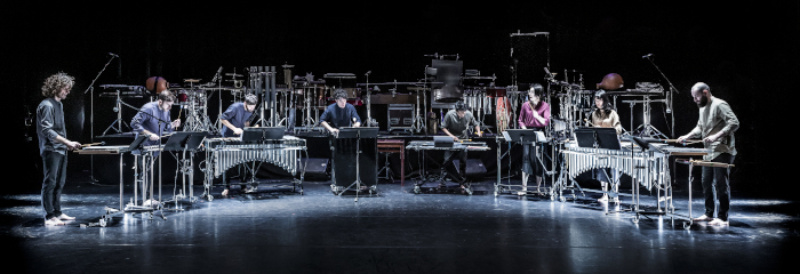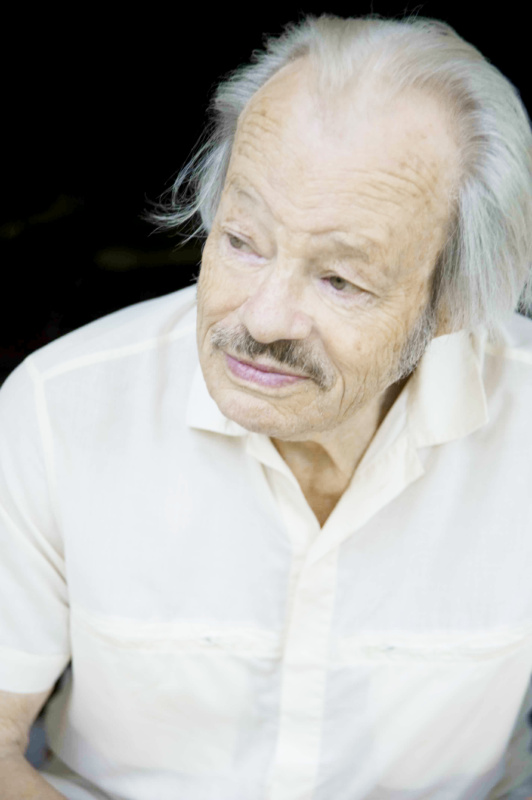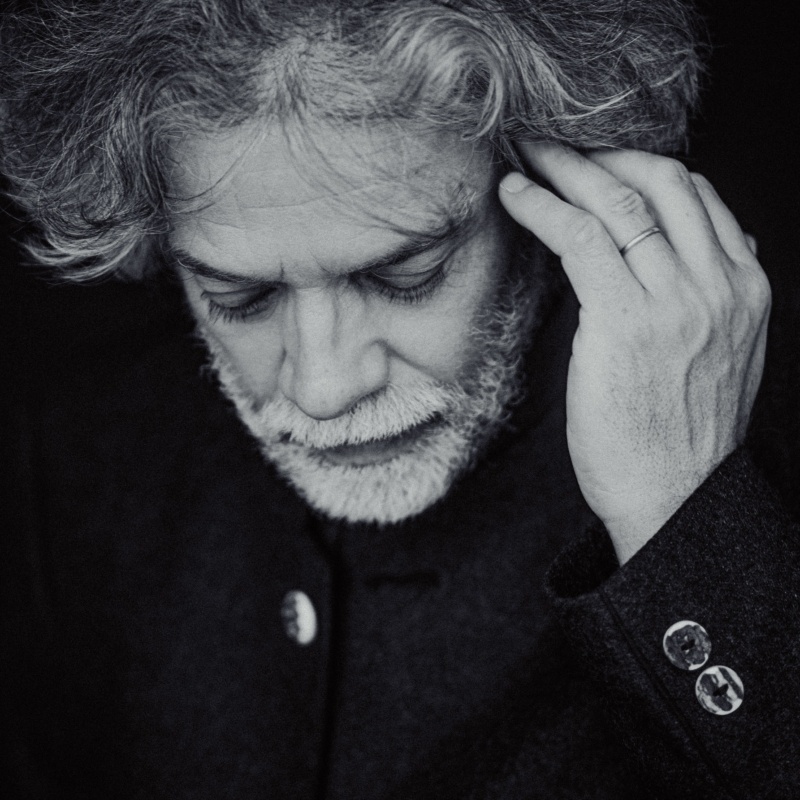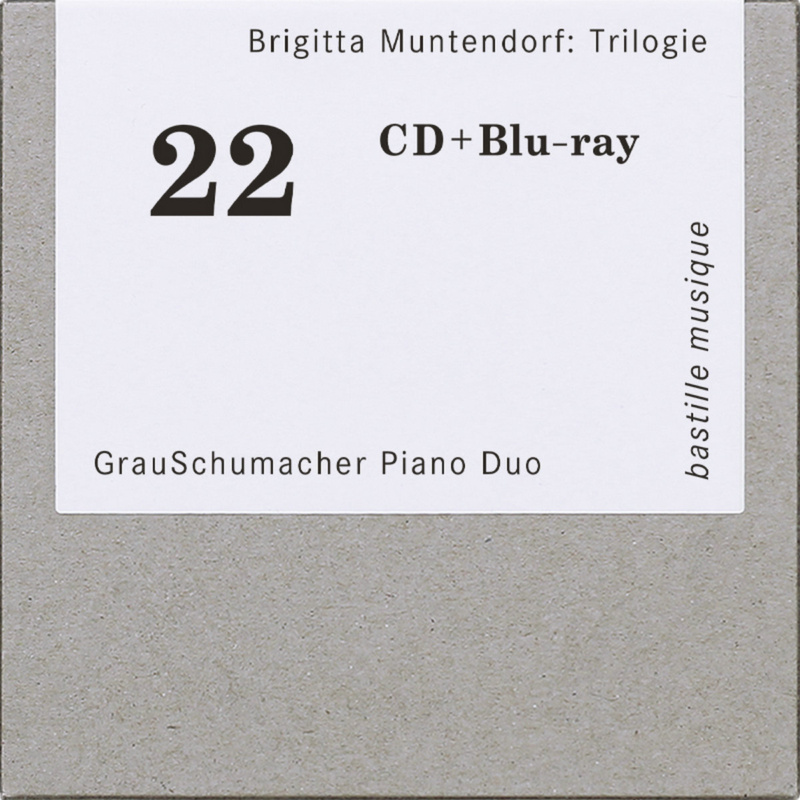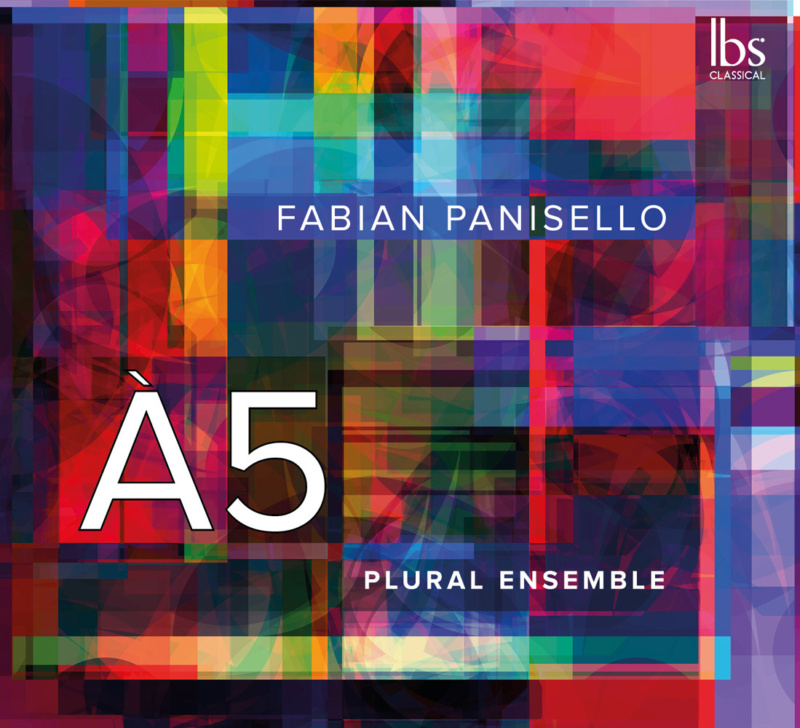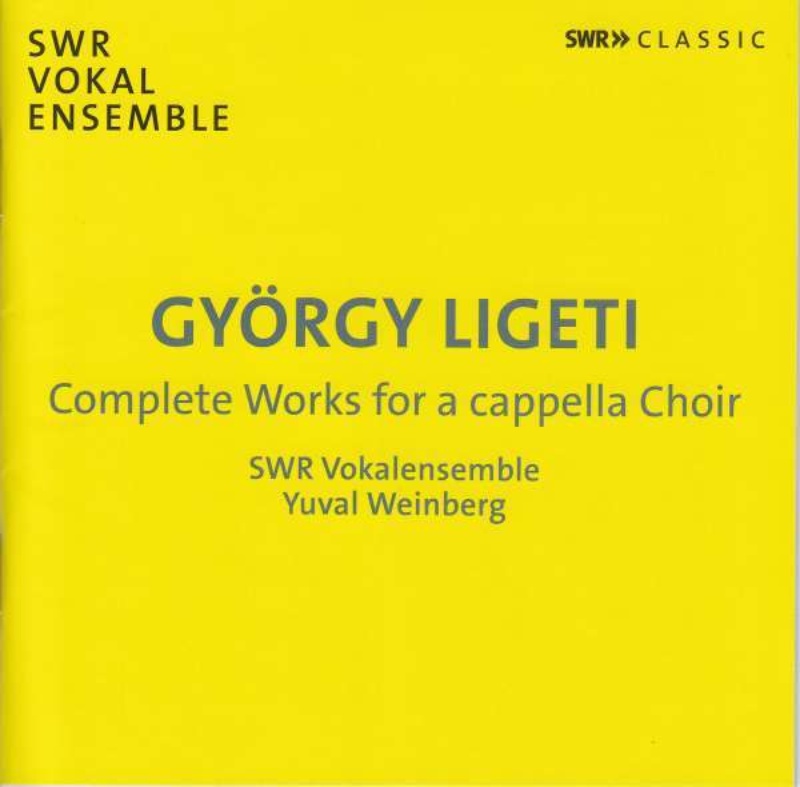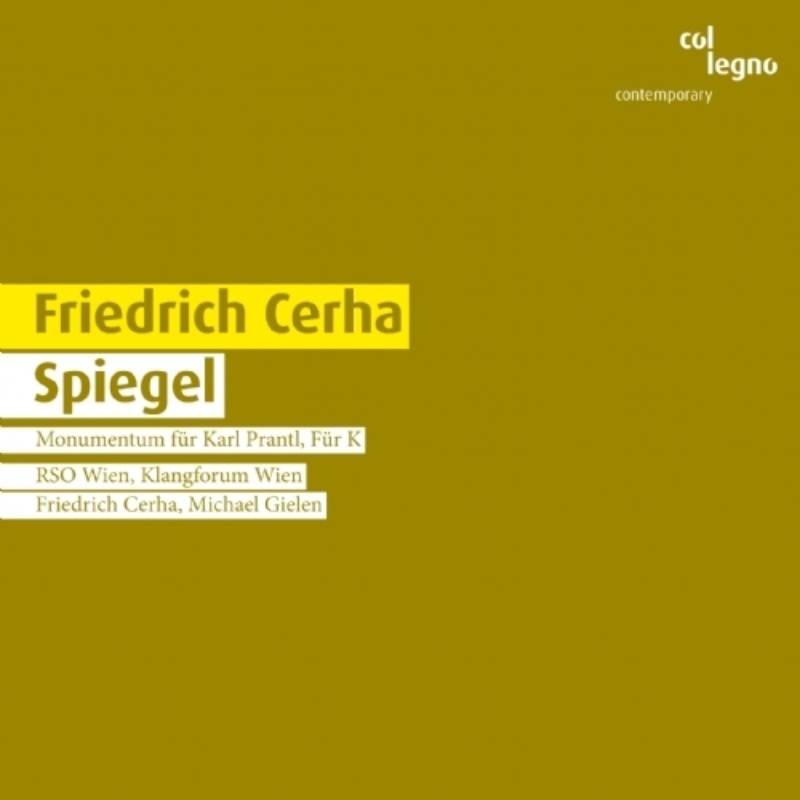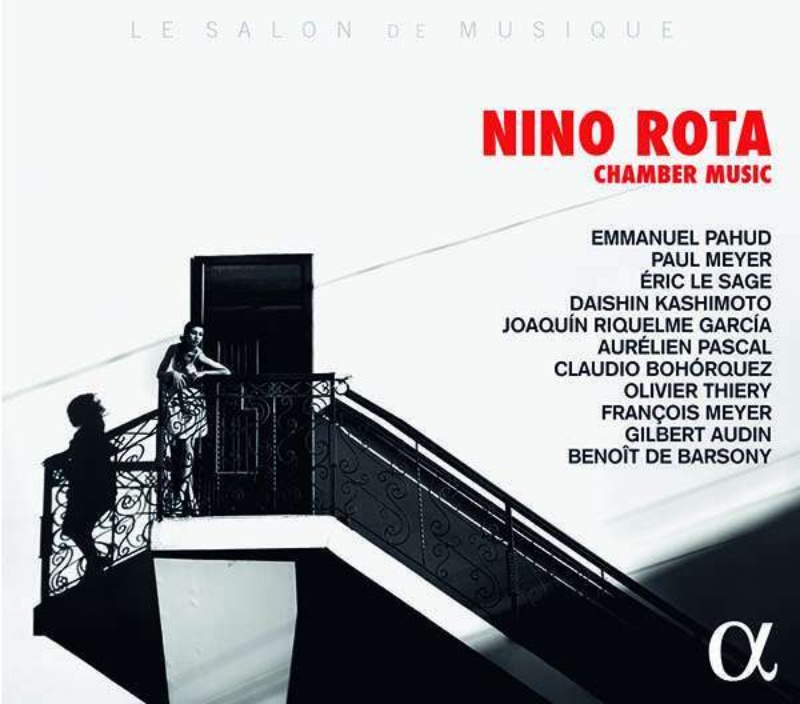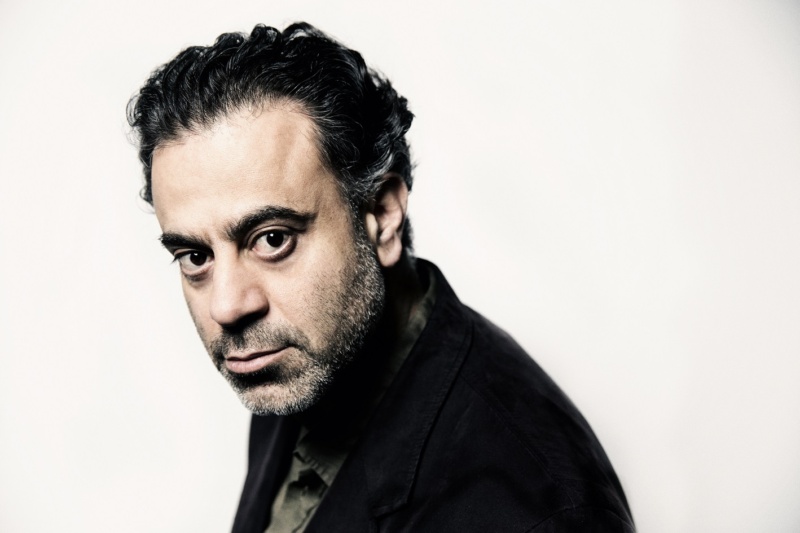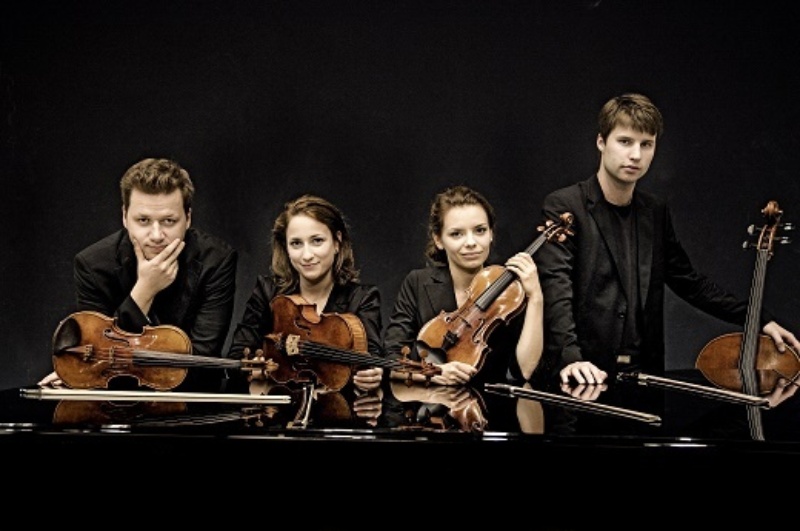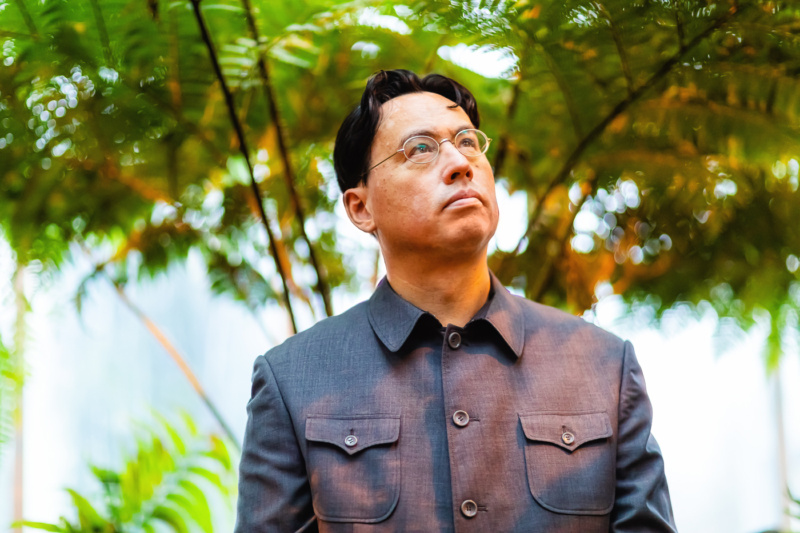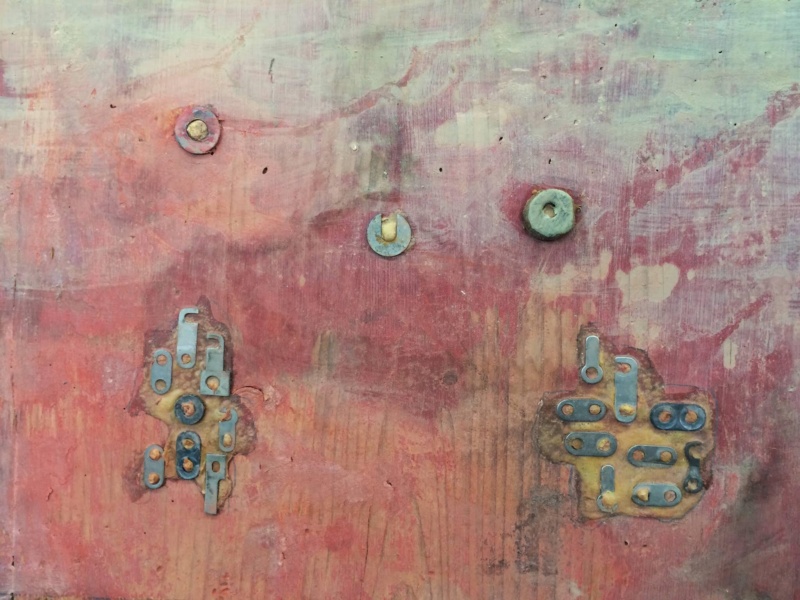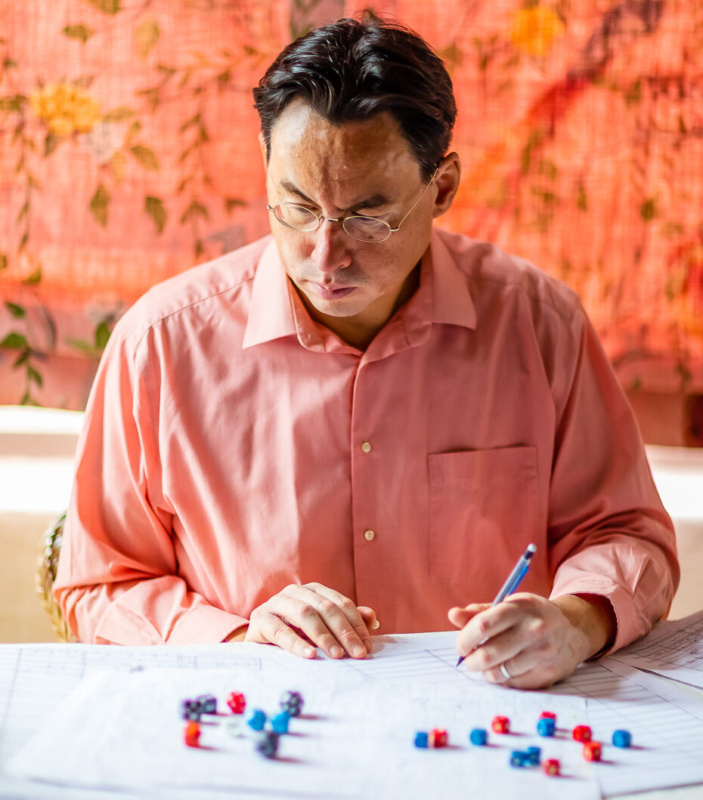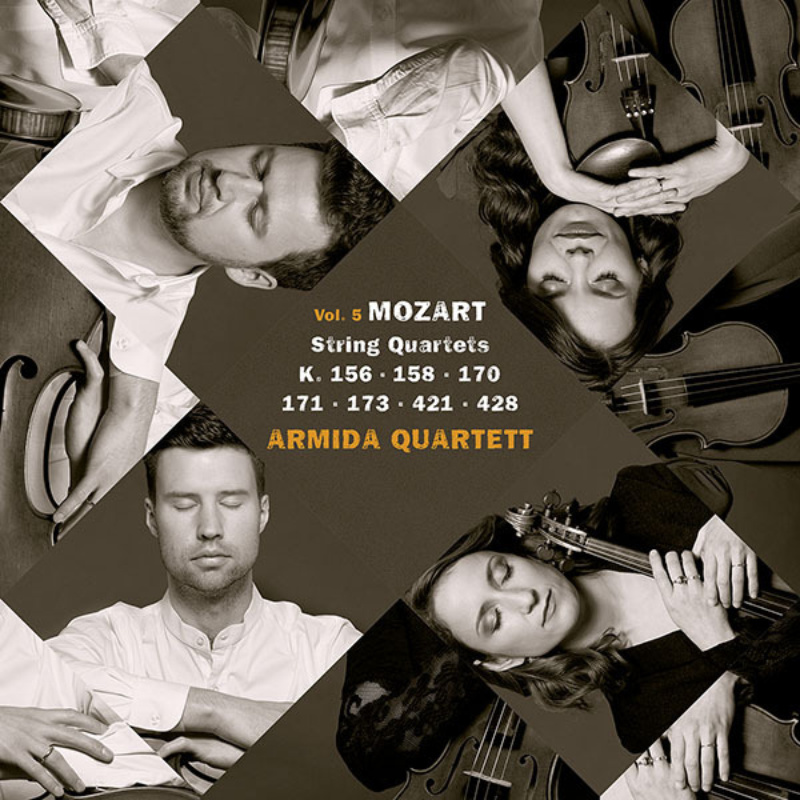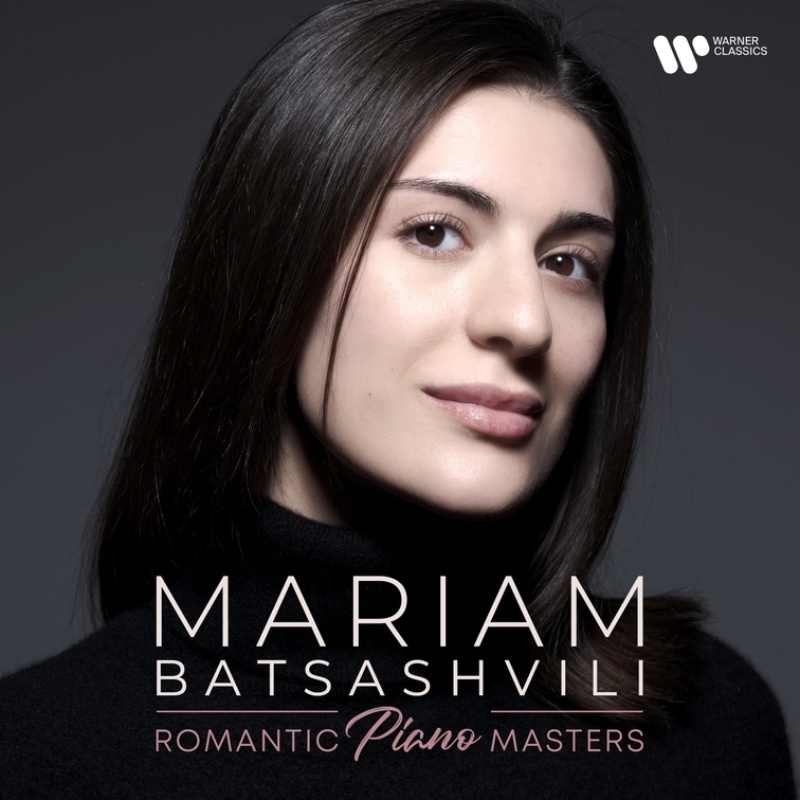Eliahu Inbal celebrates his 85th birthday on 16 February, 2021. We say "happy birthday" and again present our three-part series of interviews with the conductor, first published in 2016.
There are not many conductors today who can look back on more experience than Eliahu Inbal: already by his mid-twenties he had become an internationally sought-after guest conductor, and in the decades that followed he shaped the Frankfurt Radio Symphony Orchestra (Sinfonieorchester des Hessischen Rundfunks Frankfurt), Orchestra del Teatro la Fenice, Orchestra Sinfonica Nazionale della RAI, Orchestra of the Konzerthaus Berlin, Czech Philharmonic and Tokyo Metropolitan Symphony Orchestra as chief conductor.
Conducting engagements with these orchestras, with which he is still closely affiliated, remain an integral part of his still intensive concert activities. And so it was that we were able to meet Eliahu Inbal in Berlin one month before his birthday, where he was conducting the orchestra of the Konzerthaus in three concerts. In the first part of our interview he tells us about his childhood and the early stages of his musical career in Palestine and Israel.
Mr. Inbal, you turn 80 on 16 February. But I have heard that you have two birthdays. How does that work?
My official birthday is on 16 February. A violist at La Scala who could read horoscopes wanted to know exactly when I was born, at what time. I asked my mother and she said, “Oh that’s easy, it was at sunset on the evening of the Shabbat.” I have a watch that can determine which day of the week a certain date is. The watch said Sunday. So I rang my mother again and said, “I was born on a Sunday“. And she said, “No, it was Saturday evening but according to Jewish tradition, after sunset is already the next day.” That’s why I have two birthdays: the calendar day would actually have been the 15th but the time of birth is sunset. My uncle who was a great Rabbi said, “That is a sign that he will be a spiritual person.”
I read a lot about you to prepare for this interview but I did not find very much about your background, about your family.
My parents came from the Orient, my mother from Damascus, now Syria and my father from Aden, then under British mandate and now part of Yemen. My father worked in Palestine for the British Administration. I therefore had some contact to British culture and still own a British passport.
Is it true that there is a special story behind your name?
Yes. My original surname was Josef. And since Josef is also a first name it always led to confusion. When I made a definite decision to become a conductor I thought I needed a surname that isn’t a first name. That’s when I chose Inbal. Inbal is the clapper in a bell and that suits a conductor well. I’m the clapper and the orchestra chimes, not me.
How did you first discover music? Did music play an important role in your family?
Yes absolutely, but only liturgical music in the synagogue, choir, singing on my own. That’s where my whole musical side comes from. However, when I was at school – and I started school a lot earlier than was normal, I was two years younger than everyone else in the class – a music teacher stood in for another teacher. He brought us sheet music and I began to compose; it was then that I discovered secular music.
Why did you then start learning the violin?
When I was about seven years old my uncle helped me to make a kind of guitar-cum-violin from plywood and strings and I began to play. After that my sister took me to the conservatoire where my sense of hearing was tested and so on. They immediately made a scholarship available to me and gave me a violin. That is how it started.
The 1940s and 1950s was an enormously turbulent time in Israel, both politically and musically – just thinking about the history of the founding of the Israel Philharmonic Orchestra, for example.
Bronislaw Huberman, the great violinist, knew in advance what was coming. He went to the large orchestras in Central Europe in 1932/33 and told the Jewish musicians they had no future there; they had to go to Israel. And so it was that the Palestine Symphony Orchestra, later renamed the Israel Philharmonic Orchestra, was founded with the best talent from Central Europe in 1936, the year I was born. The members of the radio orchestra in Jerusalem were also refugees, one can call them that today – musicians who fled the Nazi regime.
And who shifted their whole musical tradition from Europe to another place.
That’s right. Like I said, I have oriental parents and one could wonder why I have such a connection to Bruckner and Mahler. Indeed, from a musical perspective I grew up in the midst of an absolute abundance of Central European tradition! All my teachers, whether they taught harmony, counterpoint, composition, all came from Germany. My violin teacher Lorand Fenyves, a quite brilliant violin teacher and leader of the Palestine Symphony, came from Hungary. I learnt musical analysis from the great composer Josef Tal, counterpoint with Abel Ehrlich. Even in primary school there were lots of teachers from Germany, such as my English teacher Mr. Blumenthal, a larger than life personality. He didn’t just teach us Shakespeare, rather about the principles of life.
You say that your family background is oriental. Does that also play a musical role for you?
Very much so! It gave me an extreme sensitivity for colours, for intonation, and this has stayed with me throughout my life. However back then we also had a wonderful gramophone that was a veritable piece of furniture and it still worked purely mechanically. I had my early musical experiences through this gramophone, and more so through the radio. I would listen to the Jerusalem broadcaster Kol Israel every day before I went to school. I was captivated by this western symphonic music, and it became my music.
Part two of our interview will focus on Eliahu Inbal's apprenticeship years as a young conductor in Israel and Europe.
Nina Rohlfs 01/2016 | Translation: Celia Wynne Willson
